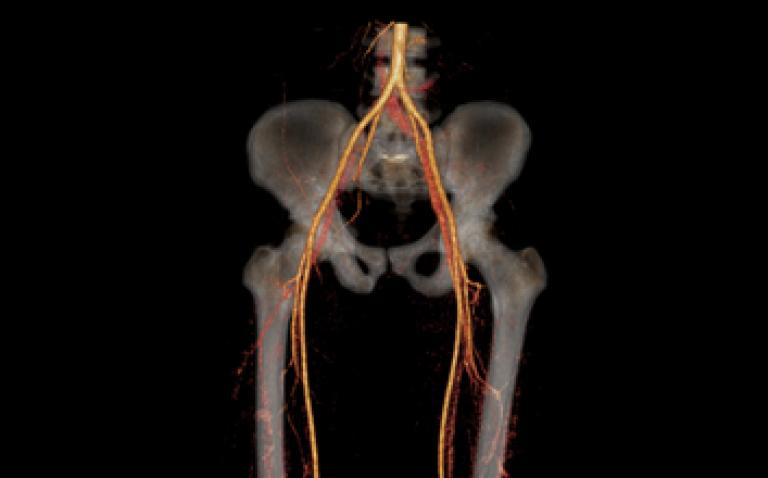New patient groups with cancer-associated venous thromboembolism (VTE) could benefit from taking once-daily oral LIXIANA (edoxaban), a recent analysis has said.
Manufacturer Daiichi Sankyo announced today (6 July) it had published a new analysis on the clinical presentation, course and outcome of bleeding events in Thrombosis and Haemostasis, and the associated tumour types from the Hokusai-VTE cancer study.
Edoxaban is an appropriate alternative to other treatments and further consideration is needed on how to treat patients with gastrointestinal cancer, the analysis said.
The rate of recurrent VTE was 3.4% lower with edoxaban compared to dalteparin (HR: 0.71; p = 0.09), the study found.
The rate of major bleeding (as defined by the International Society on Thrombosis and Haemostasis [ISTH]), was 2.9% higher (HR: 1.77; p = 0.04), the study found.
“We’ve seen previously that edoxaban offers an alternative to treatment with dalteparin for patients with cancer-associated VTE and these findings provide valuable clarity on its optimum use in patients with different types of cancer,”said Professor Peter Verhamme of the department of vascular medicine and hemostasis at University Hospitals Leuven in Belgium. “It has been shown that for those with non-gastrointestinal cancer, the risk of major bleeding is comparable across patients treated with edoxaban versus dalteparin.
“While we are still investigating what specifically causes the higher risk of bleeding with edoxaban in gastrointestinal cancer patients, these data provide important insights that we need to weigh up in treatment decisions, considering the risk of recurrent VTE, patient preference regarding drug administration and the possible severity of bleeding.”










